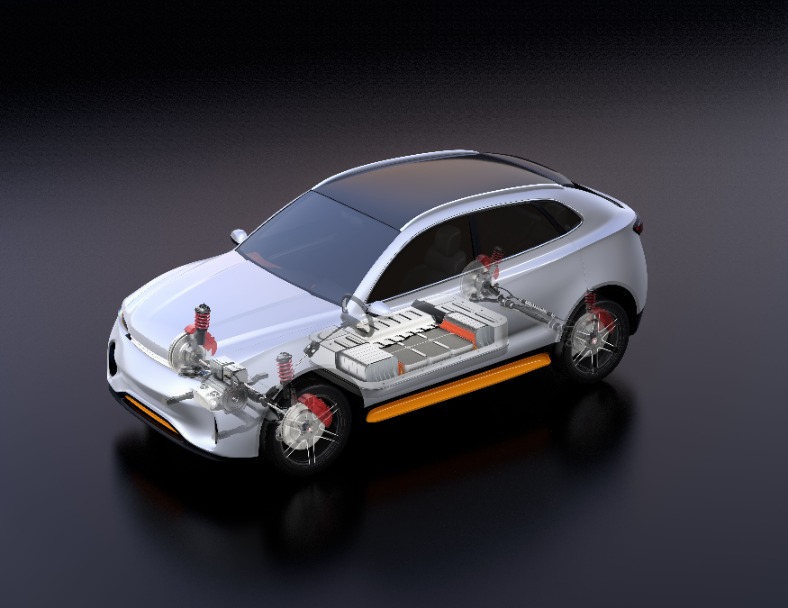
The electric vehicle market skyrocketed in the last few years in Utah. In June earlier this year, the Salt Lake Tribune wrote an article on the vehicle boom saying Utahns are adding more vehicles than people right now. Their article reported: “According to Utah Division of Motor Vehicle statistics, registrations for electric vehicles are up 560% since 2017, jumping from 2,485 to 16,407. Hybrid vehicles — including plug-in models — have soared from 33,869 in 2017 to 62,476 this year, an 84% increase.” Most of these registrations have taken place along the most populated areas of the Wasatch Front, which makes sense knowing these are our most vehicle-polluted areas for Utah. If you are one of these EV owners, sometimes maintenance and repairs can be tricky. EVs typically require much less maintenance because there are far fewer moving parts. EV owners don’t have to worry about oil changes, regular tune-ups, cooling system flushes, replacing air filters, or transmission servicing. But they’re not completely maintenance free, and they require expert care. Automakers require a certain level of approved maintenance to keep your car’s warranty in effect, and if you don’t follow these protocols, your car may not be covered for required repairs. Additionally, EVs need the usual tire rotations, replacements of air filters and wipers, service on the braking system, replacement of steering or suspension, headlight and taillight replacements, and possibly assessments for sensor functioning. Some EVs require software updates and have specific sensor needs that are best handled by a professional. The costliest component to consider for EVs is the battery pack. All EVs batteries will eventually degrade and lose the ability to charge or keep a full charge. This happens very gradually and is usually an issue with older models of EVs. Newer EVs are built with the intention of the battery lasting the life of the vehicle, but if a replacement is necessary, they’re usually pretty costly. As technology improves, the prices for batteries should decline. The USDOE’s Alternative Fuels Data Center provides important information on the battery packs of EVs: “All-electric vehicles, PHEVs, and HEVs have high-voltage electrical systems that typically range from 100 to 600 volts. Their battery packs are encased in sealed shells and meet testing standards that subject batteries to conditions such as overcharge, vibration, extreme temperatures, short circuit, humidity, fire, collision, and water immersion. Manufacturers design these vehicles with insulated high-voltage lines and safety features that deactivate the electrical system when they detect a collision or short circuit. All-electric vehicles tend to have a lower center of gravity than conventional vehicles, making them more stable and less likely to roll over.” This means, overall, EVs are a safe option for motorists. If you have any questions about electric vehicles, our team will be able to provide honest feedback to help you make your decision or to assist you with your current EV. Transmission City & Automotive Specialists is your auto professional that is proficient with all vehicles from the oldest classic beauty to the most modern of EV on the market.